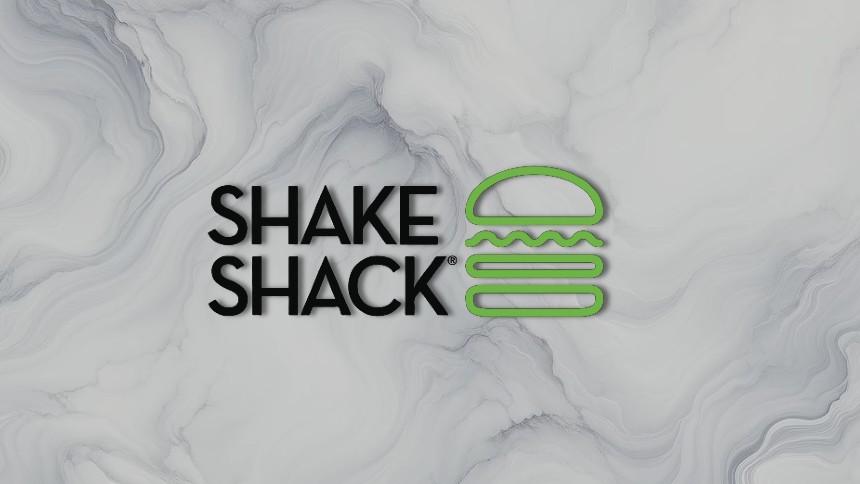
In an ongoing federal case in New York, the well-loved restaurant Shake Shack finds itself embroiled in a copyright and contract dispute with House Industries, a typeface foundry known for developing the Neutraface font. House Industries accused Shake Shack of using the Neutraface font in Shake Shack’s logos and signage without the necessary licensing, claiming that Shake Shack breached Hose Industries’ End User License Agreement (EULA).
The Core of the Dispute
House Industries’ argument centered around its claim that Shake Shack used the proprietary Neutraface font software for commercial purposes, specifically in logos and signage, without obtaining the appropriate permissions. House Industries asserted – in a counterclaim brought against Shake Shack, who had filed a declaratory judgment action against House Industries – that this breached the EULA, which explicitly prohibits use of the Neutraface font software in logos or for the sale of products (unless the user pays an additional license fee).
Shake Shack moved to dismiss the counterclaim. It argued that House Industries failed to provide plausible, non-speculative allegations sufficient to substantiate a breach of contract claim. Moreover, Shake Shack contended that the contract claim was preempted by the Copyright Act. The court agreed with Shake Shack and dismissed House Industries’ claims.
The Court’s Analysis and Ruling
In assessing the breach of contract claim, the court found significant deficiencies in House Industries’ allegations. To establish a breach of contract, House Industries had to demonstrate the existence of an agreement, performance by House Industries, breach by Shake Shack, and resultant damages. House Industries, however, could not substantiate the existence of a contract between itself and Shake Shack. The details of Shake Shack’s assent to the EULA, including who agreed to it and when, were notably absent in House Industries’ claim. The court noted that mere speculation and the inability to identify a specific agreement or its terms were insufficient to sustain a breach of contract claim.
The court also delved into the issue of preemption under the Copyright Act. The central question was whether House Industries’ claim attempted to enforce rights equivalent to those protected under copyright law. The court determined that the Neutraface glyphs, being graphic or pictorial works, fell within the subject matter of copyright. (It is interesting to note that House Industries did not assert that Shake Shack violated the EULA by using the font software without authorization. “House Industries has pleaded no details whatsoever concerning Shake Shack’s alleged use of the proprietary software.”)
Despite House Industries’ assertions to the contrary, the court concluded that the claims were qualitatively similar to a copyright infringement claim. This portion of the analysis was particularly interesting. Copyright law covers pictorial or graphic works – the category in which the glyphs would fall. But type faces are specifically excluded from copyright protection (37 C.F.R. § 202.1(e)). That exclusion did not matter. Even though the glyphs were not subject to copyright protection, they were the type of works copyright protects. Since House Industries’ claim was equivalent to a claim under the Copyright Act concerning these types of works, the court found the breach of contract claim preempted by the Copyright Act.
Implications and Conclusion
This ruling highlights the complexities of intellectual property rights concerning the use of digital assets like fonts in commercial endeavors. It underscores the importance for companies to clearly understand and comply with licensing agreements when using digital creations. This case serves as a reminder of the nuanced legal landscape governing the intersection of technology, art, and commerce.
Shake Shack Enterprises v. Brand Design Company, Inc., 2023 WL 9003713 (S.D.N.Y. December 28, 2023)
See also:
